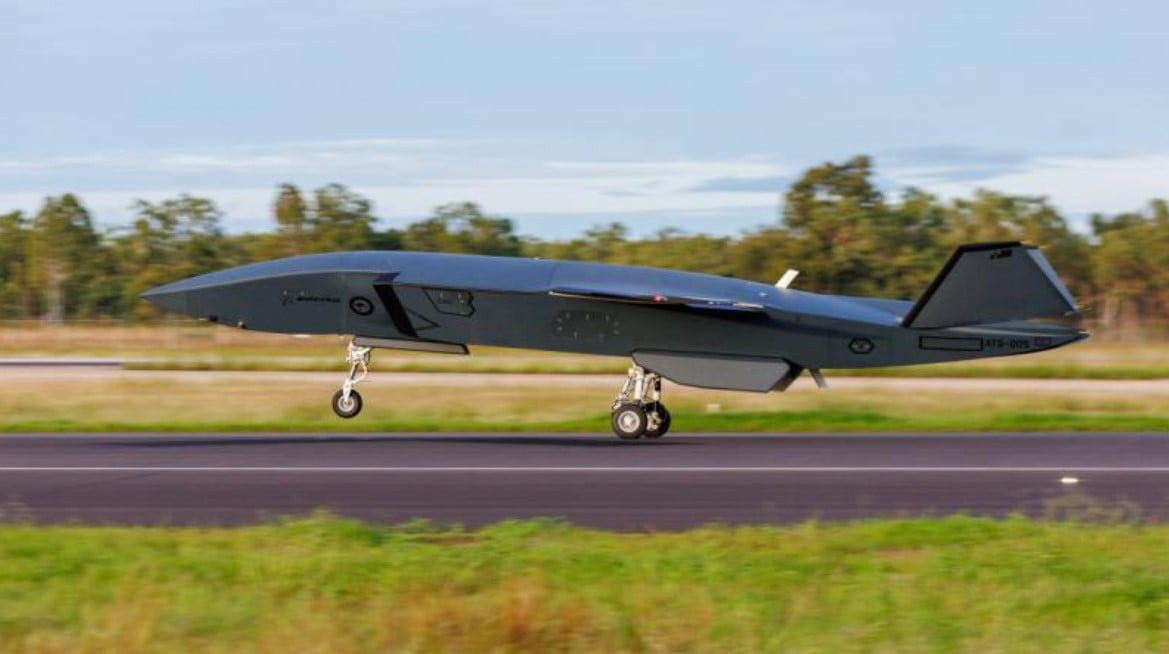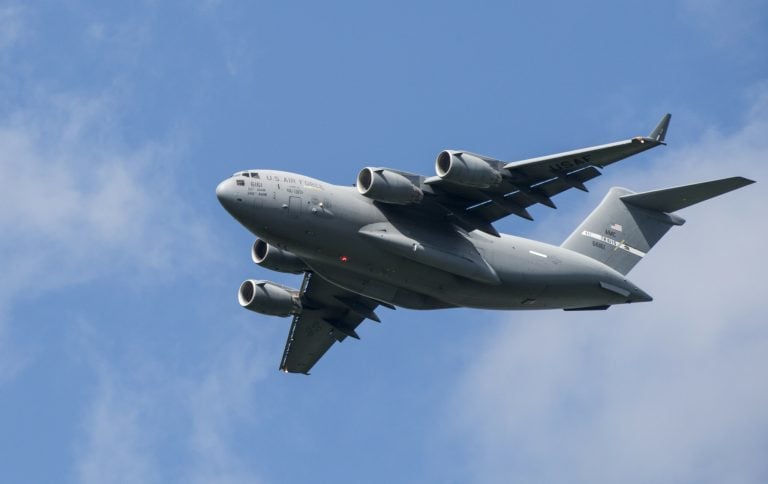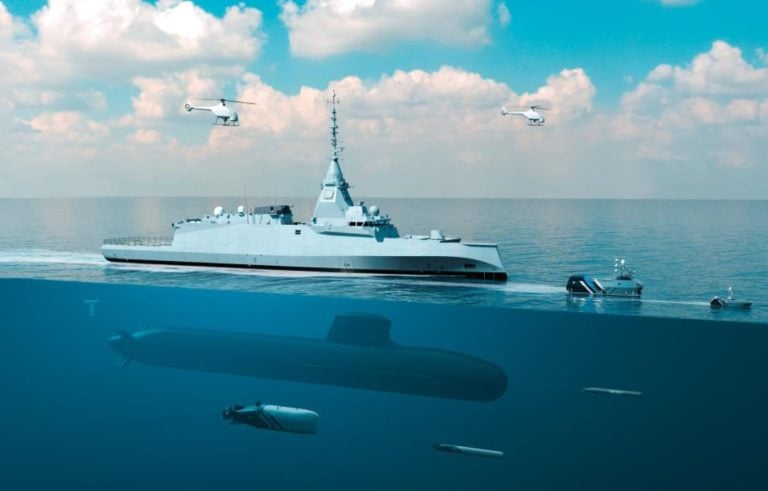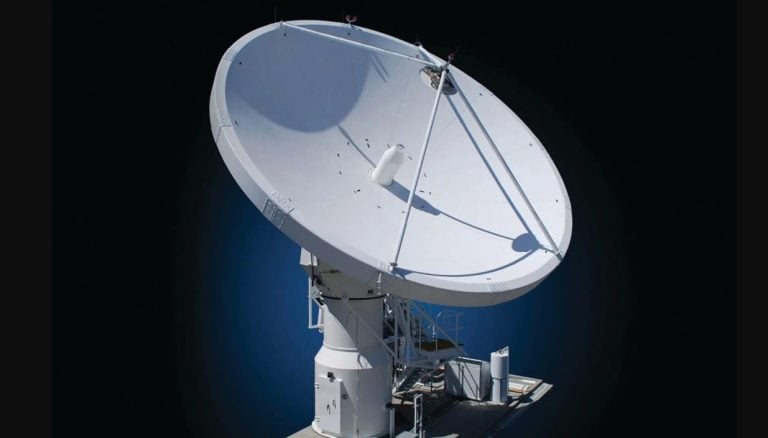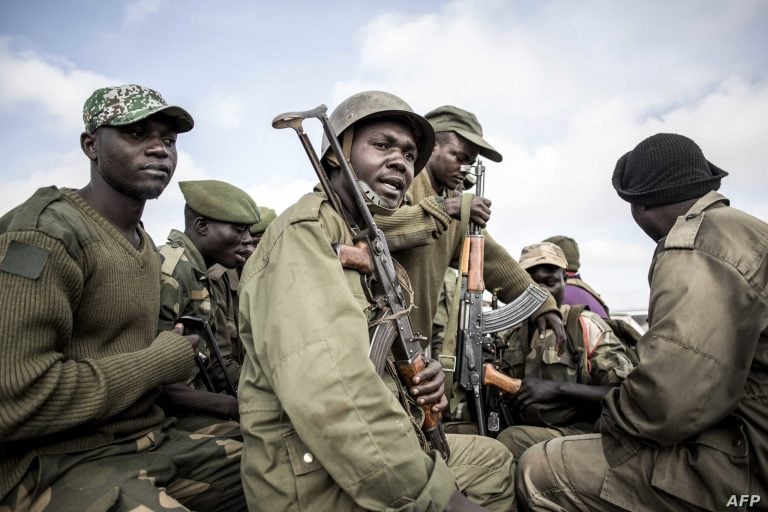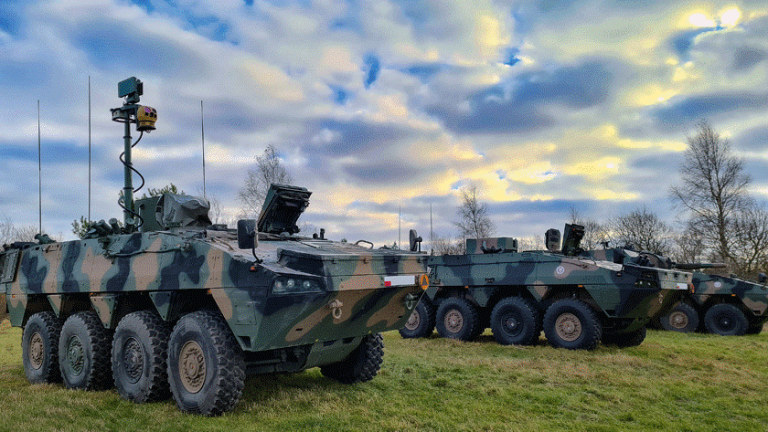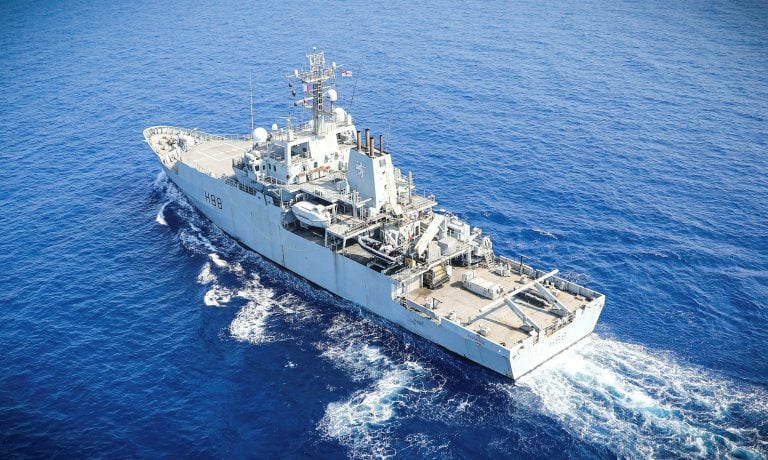The Royal Australian Air Force (RAAF) has successfully concluded Exercise Carlsbad at Base Tindal in the Northern Territory, marking a significant milestone as it became the first operation of the MQ-28A Ghost Bat outside the Woomera Training Area in South Australia. This exercise represented a crucial step in testing the MQ-28A’s capabilities in a new operational environment, with a focus on deployment logistics, system checks, and mission readiness.
Transported via a C-17 Globemaster aircraft, the MQ-28A embarked on its journey from the Australian International Air Show to Tindal. Exercise Carlsbad is part of a series of trials scheduled for this year aimed at refining and evaluating the operational capabilities of the Ghost Bat.
The MQ-28A is an uncrewed aircraft tailored for collaborative missions alongside crewed platforms, performing a range of tasks akin to those of traditional fighter jets. It plays a vital role in enhancing airborne mission effectiveness, bolstering situational awareness, and improving survivability in combat scenarios.
“Capabilities such as the MQ-28A are important as they will save Australian lives and provide us with the combat mass to defend Australia and its national interests,” expressed Wing Commander Phillip Parsons, commander of Exercise Carlsbad. He further emphasized the achievement as a testament to the collaboration between the RAAF and Boeing Defence Australia.
The MQ-28A Ghost Bat program, developed by Boeing Defence Australia, represents the first military aircraft designed and manufactured in Australia in over 50 years. The program currently includes eight initial aircraft dedicated to testing and evaluation, as well as efforts directed towards integrating mission payloads and autonomous systems.
Further advancements are on the horizon, with plans to deliver three additional Block 2 variants under a contract valued at 400 million Australian dollars (approximately $260 million). These upgraded variants will feature design enhancements, improved capabilities, and an advanced ground control station.
Earlier this month, the RAAF and Boeing conducted successful tests involving two MQ-28A drones operated in tandem with an E-7A Wedgetail, showcasing the operational potential of the new aircraft. In line with its commitment to the program, Boeing announced plans for a new facility in Australia dedicated to supporting the continued production of the MQ-28, highlighting the significance of this initiative in bolstering the nation’s defense capabilities.
